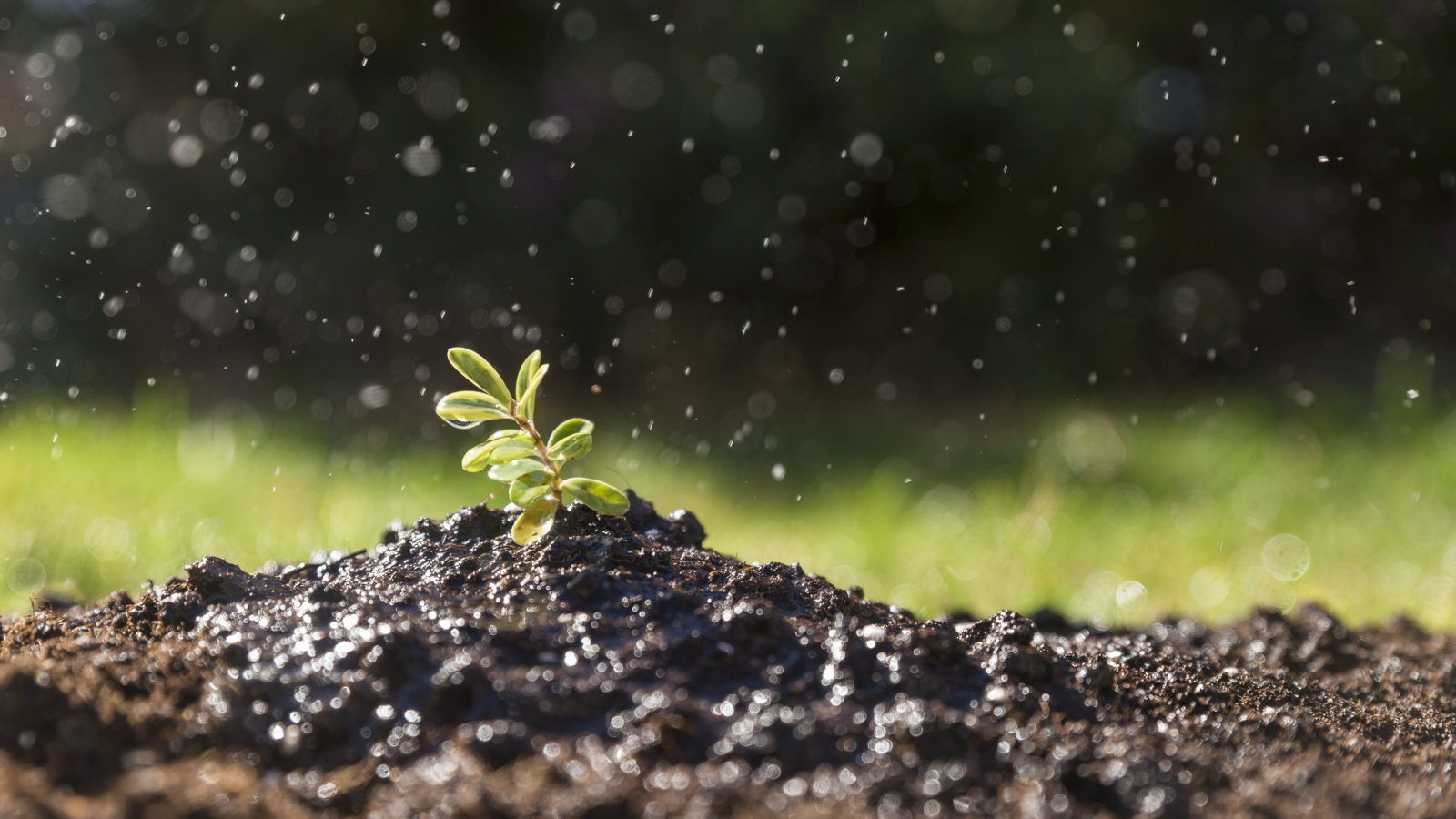The current quarantine is opening up a portal for many to do a deep dive into different strands of philosophy. The first few stages of exploring philosophical thought often seems like having to swim across a sea of turbulent waves that calls for strenuous efforts and dissonance, as we reassess our past mental frameworks to make sense of our rapidly changing surroundings. And why bother to wade through the troubled waters if we are already on the shores? Or at least consider us to be.
In the drama of life, we all come with our unique puzzle sets and often go in search of the missing pieces. The pieces could correspond to a professional pursuit or a romantic one, could be a religious or a spiritual one. Help pours in from different quarters—family, friends, teachers—and at times philosophy. Thoughts that often kept us awake at night, are massively Googled and defined under a fragment of philosophy. And like everything in life, humans absorb some aspects of a luring philosophy and continue to even out the rough edges on their own terms. Sometimes life doesn’t provide us with the precise moment to practise a lot of what we read and hope to act on.
2020 has offered a pivot.
Amid the journey from awareness to panic and transitioning into human encyclopedias on Covid-19, we have all heard the lines: “Life as we know it has come to a stand-still” and “We may have to define a new normal”. We have laughed at the memes; we have anguished over the news. However, a lot of the presently enforced lockdown feels like getting grounded, forced to contemplate and introspect in weird ways over larger global issues like the impending climate crisis among deeply personal ones like how does this affect my next vacation?
During one such random bouts of spiralling into the indefinite future and the uncertain impacts of Covid, I got drawn into reading up on Stoicism. I first got introduced to stoicism via reading up on stalwarts like—Seneca, the famous Roman statesman and Marcus Aurelius, Roman Emperor from 161 to 180 AD, whose book Meditations is a rich reservoir of stoic ideology.
Want to build-up resilience and will power? The stoics offer a daily dose of subjecting yourselves to the worst-case scenarios to your troubles. It’s a simple methodology where you focus on yourself and your immediate surroundings once the terrible event has befallen you. According to the stoics, factoring every tragedy in one’s life trajectory is key to letting nothing disturb your internal peace.
For many, the outbreak of the Coronavirus is something that was predicted long ago in epidemiological papers by scientists and even mentioned about in popular culture (see Contagion). It was pondered over and hence didn’t come as a reeling shock. However, to those who are reeling, stoicism might be worth a try. Seneca’s quote could add some perspective here—“To bear trials with a calm mind robs misfortune of its strength and burden.”
We have far too many people who, fuelled by the fantasies of social media, believe that each phase of life must be pleasurable, and they are entitled to a lifetime supply of happiness. One of the most radical pieces of advice doled out by stoicism is the squashing of all hope, for it only lifts you higher and higher. They offer the route of imagining and living through our darkest fears—ones of loneliness, embarrassment, and anxiety.
Stoicism pushes one to think about the horrible tangential lines embedded in our future so that probably with each passing effort, we find it a little easier to transition to the present. It helps us assign greater value to the love that surrounds us presently and not take anything for granted. The more we shield ourselves from the harsh, cruel, uncomfortable bits of life, the more unprepared we make ourselves for the inevitability of it.
Many confuse stoicism with inflicting oneself with the aftermath of panic attacks often brought about by dramatic end-of-the-world movies and live Twitter updates with horrifying updates of doom and destruction. The goal of stoicism is not to live perpetually in a state of anxiousness over future events and conjure up nightmares for oneself. It is to practise tolerance in living through the loss of any kind, one bit at a time.
The mortality of everything seems very starkly exhibited in the current times, where a virus is wreaking havoc worldwide and the days and nights are shrouded in uncertainty. Times of crisis, unprecedented ones at that, often are powerful enough to overwhelm us in their embrace. Lebanese American scholar and author of the bestseller The Black Swan, Nassim Nicholas Taleb mentions how stoicism is about the “domestication of emotions, not their elimination”.
The stoics welcome hard times for they see them as a trial post which they emerge rejuvenated. Stoic philosopher Epictetus said: “The greater the difficulty, the more glory in surmounting it. Times of peril often work as a mirror showing each of us the values, priorities and temperament we hide behind our flesh and bones.


